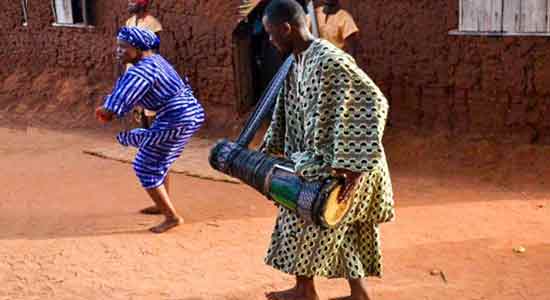
According to Lead Counsel to the Association, Mr. Folarin Aluko of Trumann Rockwood Solicitors who spoke to our correspondent in Osogbo, Osun State, traditional knowledge is recognized as a specie of Intellectual Property unique to each and every civilization. Historically, African Dance was the primary medium by which our ancestors transmitted our history, morals and culture.
Bata dance was originated by the ancestors of the Yoruba people of Southwest Nigeria and today it is a traditional cultural expression of Yoruba culture.
Salsa incorporates the movements, choreography, instruments, performances and costume of Bata dance. According to him, as the world becomes a global village, there is an increasing need to protect our cultural heritage from exploitation and appropriation.
The broad jurisdiction of the Customary Court, especially on the subject of Customary Law, makes it the appropriate Court to hear and determine this matter.
In the lawsuit no. FCT/CC/PYS/CIV/01/2021 filed at the Customary Court of the Federal Capital Territory, Abuja, IPLAN prayed the court to declare Bata dance as the origin of Salsa Dance.
In the court documents, Aluko argues that Bata dance as an ancient intellectual heritage of the Yoruba deserves the appropriate local and international acknowledgment as well as protection from unfair cultural exploitation.
Relying on provisions of the Nigerian Constitution 1999, the African Charter on Human and Peoples Rights and the FCT Customary Court Act, IPLAN seeks the authentication and recognition Bata dance.
The Association believes the suit will highlight the positive impact and intellectual property of Bata dance as a cultural asset of Yoruba People of Western Nigeria.
Aluko says the suit will settle the question of the Yoruba origins of the exotic Cuban Salsa dance.
In this article:
